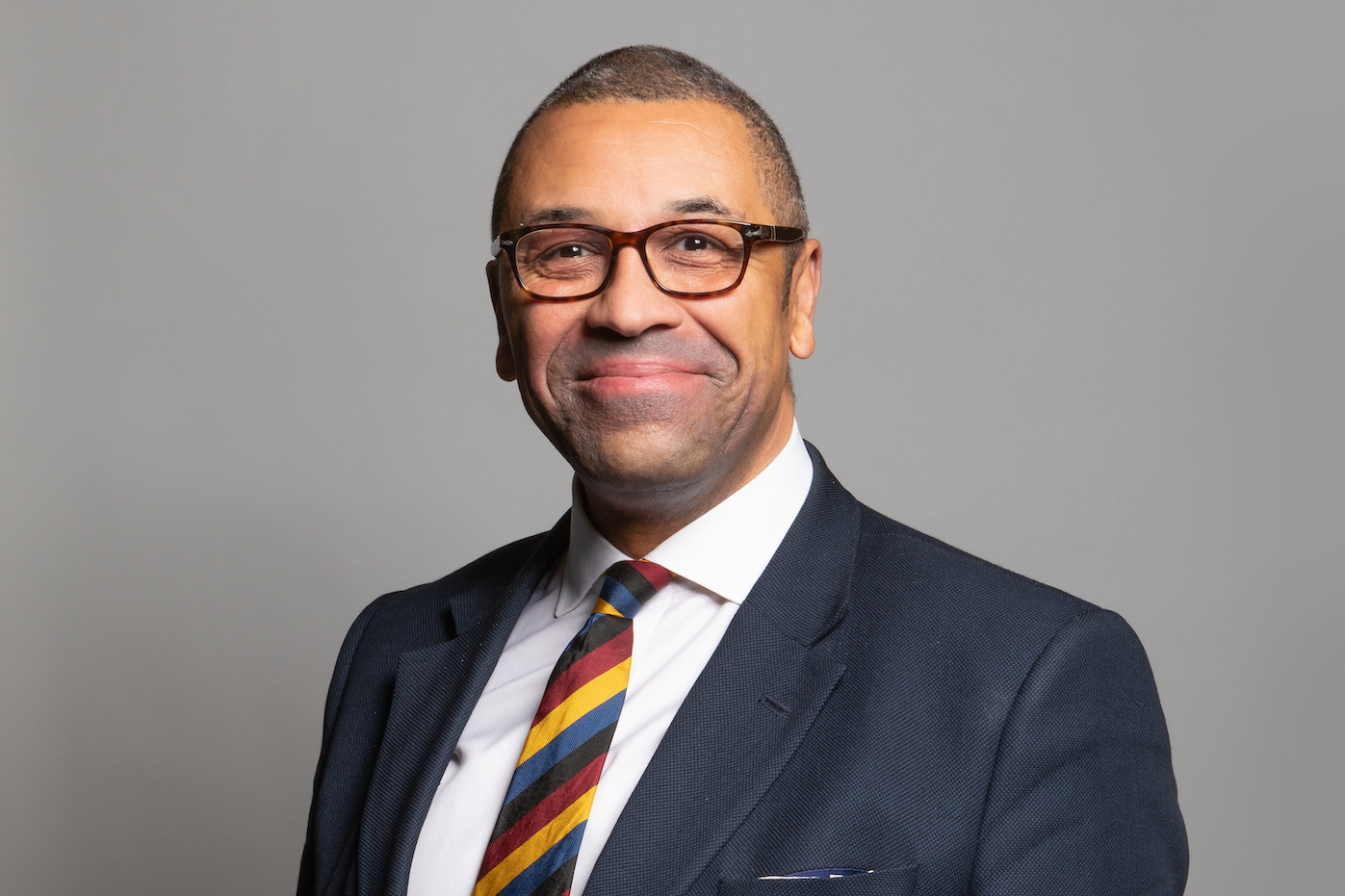With the Bank of England set to raise interest rates for the 13th time in a row later today, James Cleverly has insisted that the “idea that we should consciously be going into a recession” is not subscribed to by anyone in government.
Mr Cleverly, the foreign secretary, insisted to Sky News that the Bank of England is “independent in its decision making with regard to interest rates” and has an inflation target it needs to pursue.
Policymakers at the Bank are widely tipped to raise interest rates at midday in a move which would increase the level of pain set to be imposed on house owners with mortgages.
It comes after inflation remained stubbornly high at 8.7 per cent in May, according to the Office for National Statistics. The figure, released Wednesday, was unchanged from the month before and higher than the 8.4 per cent experts had forecast.


This morning, the foreign secretary was quizzed on the comments made by fellow cabinet minister Mark Harper, who claimed that Rishi Sunak had predicted inflation while the Bank did not.
Mr Cleverly said the PM has a “huge wealth of experience from his time as chancellor” and “cautioned about the implications of inflation which is why we have been so determined not to do the things that drive up inflation”.
He blamed high inflation on “upward pressure” on fuel and food prices, a factor which is being “amplified by the war in Ukraine”.
Asked if the Bank of England should be deliberately stoking a recession to get a grip of inflation, Mr Cleverly replied: “What we need to do is we need to grow the economy – high interest rates don’t help with that. This idea that we should consciously be going into a recession I don’t think is one that anyone in government would be comfortable subscribing to at all”.
The line of questioning followed comments by an adviser to chancellor Jeremy Hunt, who yesterday urged the Bank of England to “create a recession” to get price rises under control.
Karen Ward, a member of a four-strong advice council to the chancellor, said the Bank had to “create uncertainty and frailty” to cool the economy.
She told the BBC’s Today programme: “It’s only when companies feel nervous about their future that they think, ‘well maybe I won’t put through that pay rise’. Or workers when they feel less confident about their job think, ‘I won’t push my boss for extra pay’.”
Downing Street responded by saying that the chancellor will “receive advice from a number of experts” but that the aim is to “grow the economy”.
Elsewhere this morning, James Cleverly struggled to set out what short-term measures the PM was taking to halve inflation.
Asked repeatedly on BBC Radio 4’s Today programme to detail the actions the government was taking, the foreign secretary said: “One of the main vehicles for short-term addressing inflation is interest rates.”
But pressed on what Rishi Sunak could do given interest rates are in the hands of the independent Bank of England, he continued: “We do what we can do to try and address the issues over which we have direct control”.
“One of the reasons why we have been thoughtful but cautious on public-sector pay awards is we know that is one of those things that adds inflationary pressures.
“We’re very conscious that increased government borrowing is one of those things that loops around and increases inflationary pressures”.












